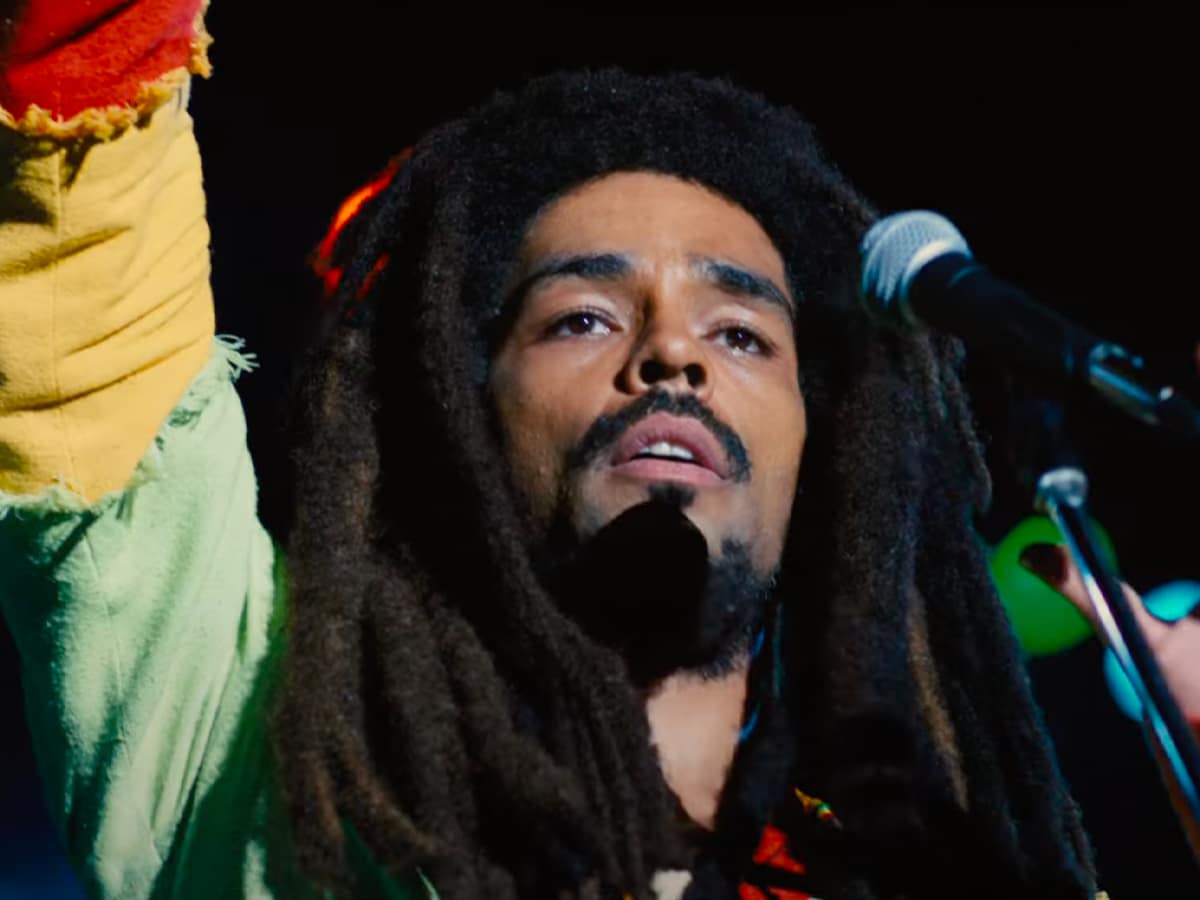One Love is not just a song; it is a movement, a philosophy, and a call for unity that resonates across the globe. Bob Marley, the legendary Jamaican musician, crafted this timeless anthem that speaks to the power of love, peace, and togetherness. In this article, we will delve into the life of Bob Marley, the significance of One Love, and how it continues to inspire millions even today.
This article will explore Bob Marley's biography, his contributions to music, and the impact of One Love on society. We will also take a closer look at the cultural and historical context in which Marley created his works, and how they reflect the struggles and hopes of a generation. Whether you are a lifelong fan or just discovering his music, this article aims to provide valuable insights into the man behind the music.
As we journey through Bob Marley's life and legacy, we will highlight key moments that shaped his career and the messages embedded in his songs. The essence of One Love transcends barriers, reminding us of the importance of compassion and understanding in our world today. Join us as we explore the powerful narrative of One Love and its continuing relevance.
Table of Contents
- Biography of Bob Marley
- Early Life
- Music Career
- The One Love Song
- Cultural Impact of One Love
- Bob Marley's Global Legacy
- Conclusion
- Sources
Biography of Bob Marley
Bob Marley was born on February 6, 1945, in Nine Mile, Jamaica. He was a cultural icon and a pioneer of reggae music, known for his distinctive voice and profound lyrics that addressed social issues, love, and unity. Marley’s music career began in the early 1960s, and he gained international fame with hits such as "No Woman, No Cry," "Get Up, Stand Up," and of course, "One Love."
Personal Data and Biography
| Name | Robert Nesta Marley |
|---|---|
| Date of Birth | February 6, 1945 |
| Place of Birth | Nine Mile, Jamaica |
| Date of Death | May 11, 1981 |
| Genres | Reggae, Ska, Rocksteady |
| Notable Works | One Love, Redemption Song, Three Little Birds |
Early Life
Bob Marley was born to a mixed-race couple; his father was a white British naval officer, and his mother was a black Jamaican. Growing up in a predominantly black community, Marley faced the challenges of racial discrimination and economic hardship. These experiences would later influence his music and activism.
Marley began to show an interest in music at a young age, influenced by the sounds of rhythm and blues, ska, and rocksteady. In 1963, he formed a group called the Wailers, which laid the groundwork for his future success. The early years were marked by struggles, but Marley's determination and passion for music propelled him forward.
Music Career
Bob Marley’s music career took off in the late 1960s after he signed with Island Records. His album, "Catch a Fire," released in 1973, was a breakthrough, introducing reggae music to an international audience. Marley’s unique blend of genres and his ability to communicate powerful messages through his lyrics set him apart from other artists.
Throughout the 1970s, Marley released a series of successful albums, including "Rastaman Vibration," "Exodus," and "Uprising." His music often addressed themes of love, resistance, and social justice, making him a voice for the marginalized and oppressed.
The One Love Song
Released in 1965, "One Love" became one of Bob Marley's most iconic songs. The song calls for unity and peace among people, urging listeners to come together in times of division. Its message resonates deeply, especially during periods of conflict and social unrest.
The lyrics of "One Love" encourage forgiveness and understanding, making it a powerful anthem for various social movements. The song's popularity has endured, and it has been featured in numerous films, commercials, and public campaigns advocating for peace.
Cultural Impact of One Love
One Love has transcended music, becoming a cultural symbol of hope and togetherness. Its impact can be seen in various spheres, from activism to humanitarian efforts. The song has been adopted by numerous organizations to promote messages of peace and reconciliation.
In addition to its social significance, One Love has also played a role in the promotion of reggae music worldwide. Bob Marley’s legacy continues to influence new generations of artists and musicians, inspiring them to use their platforms for social change.
Bob Marley's Global Legacy
Bob Marley passed away on May 11, 1981, but his legacy lives on. He is celebrated not only as a musician but also as a cultural icon who championed social justice and human rights. His music continues to inspire movements for equality and justice across the globe.
In recognition of his contributions, various honors have been bestowed upon Marley, including the Grammy Lifetime Achievement Award and induction into the Rock and Roll Hall of Fame. His influence can be seen in the music of countless artists who cite him as a major inspiration.
Conclusion
In summary, Bob Marley's One Love is more than just a song; it is a powerful message that continues to resonate with people around the world. Through his music, Marley advocated for love, unity, and social justice, leaving an indelible mark on the music industry and society as a whole. As we reflect on his legacy, let us carry forward the message of One Love and strive for a more compassionate and understanding world.
We encourage you to share your thoughts on Bob Marley and One Love in the comments below. If you enjoyed this article, consider sharing it with friends or exploring more content on our site.
Sources
- Rastafari: A Very Short Introduction by Ennis B. Edmonds
- Bob Marley: The Biography by Victor Bockris
- Rolling Stone Magazine Archives
- Bob Marley Official Website



